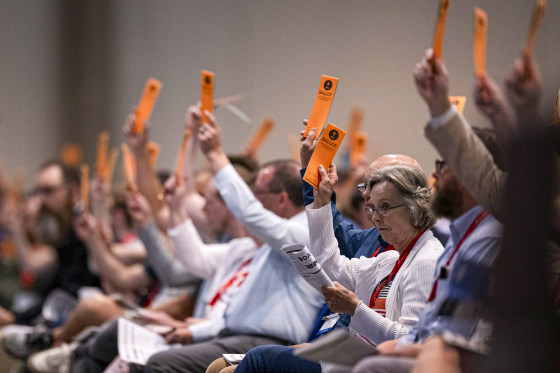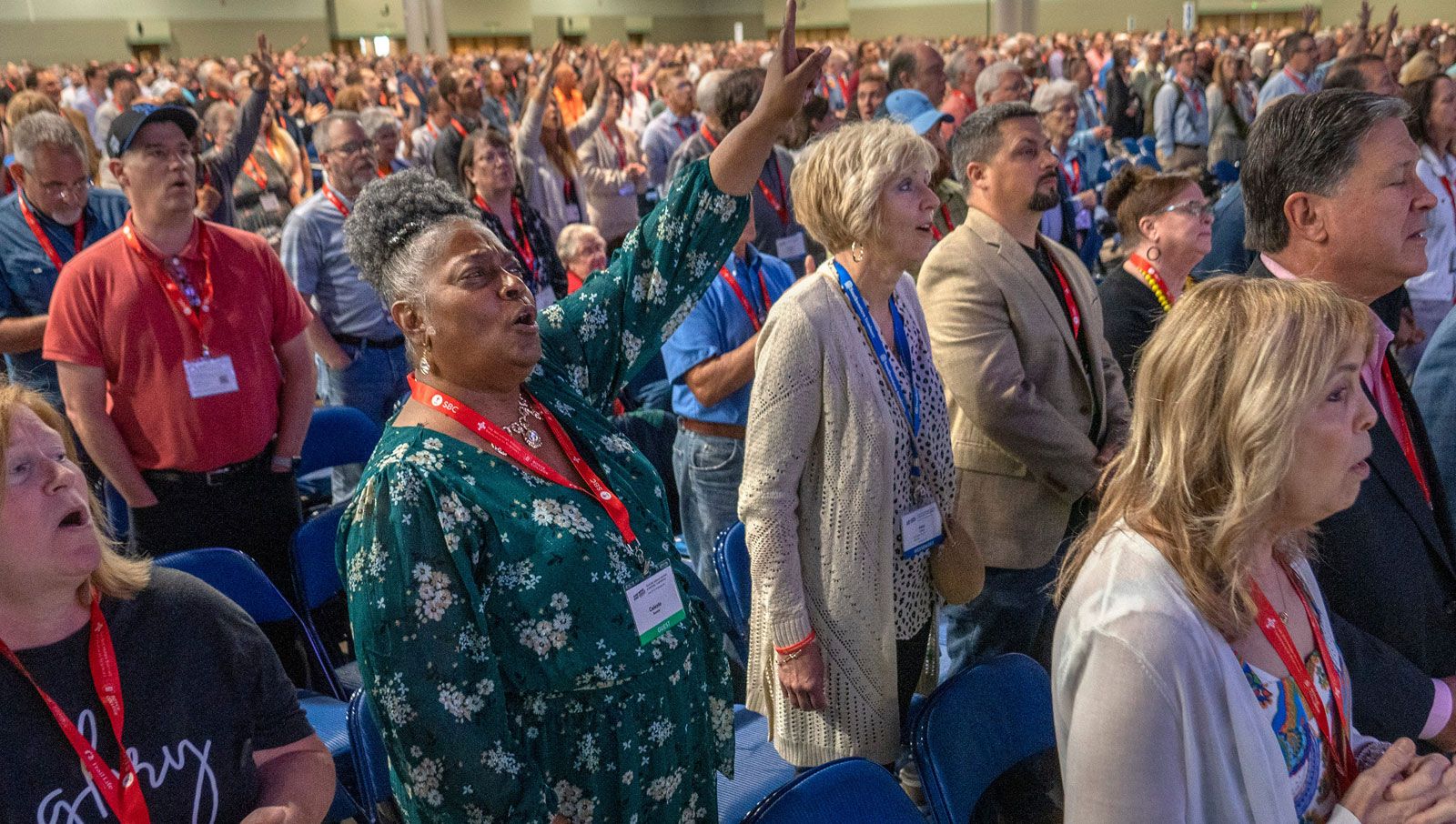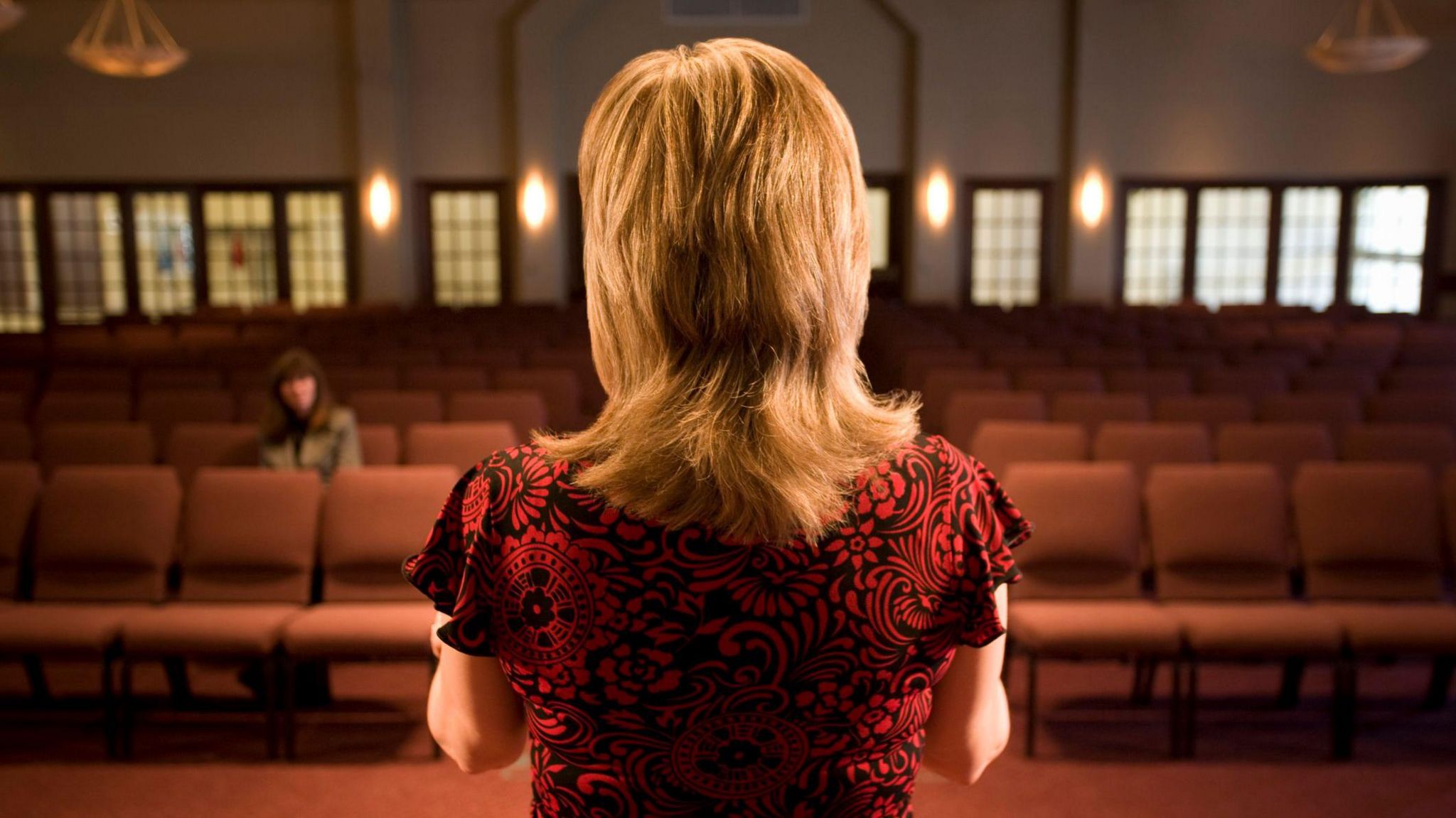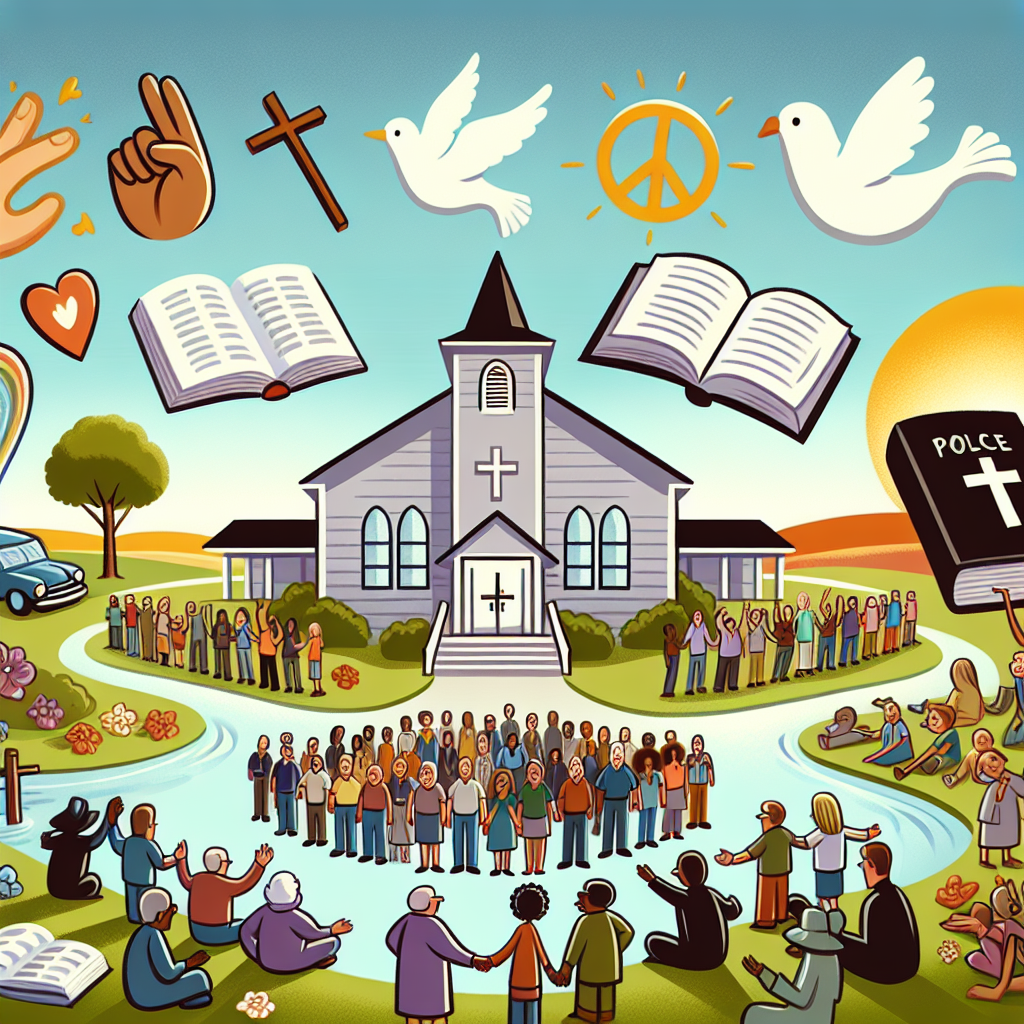
IVF Fertilization: Everything You Didn’t Know You Needed to Know
April 1, 2025Southern Baptist Convention and IVF: A Deep Dive into Faith, Science, and Family
The Southern Baptist Convention (SBC), the largest Protestant group in the United States, made headlines in June 2024 when it voted to oppose in vitro fertilization (IVF) at its annual meeting in Indianapolis. This decision sparked curiosity, confusion, and even heated debates among families, faith communities, and lawmakers. If you’re wondering what this means, why it happened, or how it might affect you, you’re not alone! This article takes you behind the scenes of the SBC’s stance on IVF, uncovers lesser-known details about the people and beliefs driving this choice, and explores what it all means for everyday folks like us. We’ll dig into the faith, the science, and the real-life stories—plus share practical tips and the latest research to help you make sense of it all.
Let’s break it down step by step, with a friendly tone and plenty of examples to keep things clear and engaging!

What Happened at the Southern Baptist Convention in 2024?
In June 2024, nearly 11,000 Southern Baptist “messengers” (that’s what they call their church representatives) gathered in Indianapolis for their big yearly meeting. One of the standout moments? They passed a resolution opposing IVF, a fertility treatment that helps millions of people have babies. This wasn’t a casual decision—it came after emotional debates, personal stories, and a vote that reflected the SBC’s deep beliefs about life.
The Resolution in a Nutshell
The resolution doesn’t outright ban IVF for Southern Baptists (they can’t enforce rules like that on individual churches anyway). Instead, it’s a strong statement urging members to rethink IVF because of how it’s usually done. They’re worried about “extra” embryos—those little clusters of cells created in a lab that don’t always get used. The SBC says these embryos are human lives, and freezing or discarding them is wrong.
A Peek Behind the Scenes
Here’s something you might not know: the vote wasn’t unanimous. People like Zachary Sahadak from Ohio stood up and shared how IVF gave him his kids. With tears in his eyes, he told the crowd, “I have a son because of IVF. I have another son, 20 weeks old in my wife’s womb, because of IVF.” He’s got 10 frozen embryos he hopes to give a chance at life. Stories like his show the personal stakes—and the divide—within the SBC.

Why Does the SBC Care So Much About IVF?
To understand the SBC’s stance, we need to peek into their world—a mix of faith, values, and a passion for protecting life. Let’s explore what’s driving this decision.
Core Belief: Life Starts at Conception
Southern Baptists believe life begins the moment an egg meets a sperm, whether that happens naturally or in a lab. For them, an embryo isn’t just a bunch of cells—it’s a person with a soul. So, when IVF creates embryos that get frozen, thrown away, or used for research, they see it as a moral problem.
The IVF Process: What Bothers Them
IVF usually involves making several embryos to boost the chances of a successful pregnancy. Here’s a quick rundown:
- Doctors collect eggs and sperm.
- They combine them in a lab to make embryos.
- Some embryos are implanted in the womb.
- Leftovers might be frozen, discarded, or donated.
The SBC’s big issue? Those leftovers. They estimate 1.5 million frozen embryos are sitting in storage across the U.S., and many will never become babies. To them, that’s a tragedy.
A Surprising Hobby Tie-In
Did you know some SBC leaders are into genealogy? Folks like Andrew Walker, a professor who helped write the resolution, love tracing family trees. For them, every embryo is a potential branch on that tree—a life with a future. It’s not just theology; it’s personal.
How Did Southern Baptists Get Here?
The SBC’s IVF stance didn’t come out of nowhere. It’s part of a bigger story about their history, their faith, and how they’re reacting to today’s world.
A Quick History Lesson
The SBC started in 1845 in the South, splitting from other Baptists over slavery (yep, they supported it back then). Today, with nearly 13 million members across 50,000 churches, they’re a powerhouse in American religion. They’ve been vocal on issues like abortion for decades, especially since Roe v. Wade was overturned in 2022.
The Post-Roe Ripple Effect
After abortion rights took a hit, some SBC folks started eyeing IVF. An Alabama court ruling in early 2024 called frozen embryos “children,” and that lit a spark. Leaders like Brent Leatherwood, head of the SBC’s Ethics and Religious Liberty Commission, saw a chance to push their “pro-life” stance further. He once said, “A human embryo is a life, deserving of all the care we’d give a child or adult.”
Fun Fact: They Love a Good Debate
Southern Baptists aren’t shy about arguing—it’s practically a pastime! At the 2024 meeting, they also debated banning women pastors (it didn’t pass). These debates show how much they care about sticking to their version of the Bible, even when it’s tough.
What’s the Science Saying About IVF and Embryos?
Let’s switch gears and look at what science tells us about IVF. This isn’t just a faith issue—there’s hard data behind it too.
IVF by the Numbers
- Success Rate: About 50% of IVF cycles fail, which is why doctors make extra embryos.
- Embryo Stats: A 2018 study from Reproductive Medicine Associates found you need about three healthy embryos for a 95% chance of a baby.
- Frozen Embryos: Over 1 million are stored in the U.S., and many sit unused for years.
Are Embryos “Alive”?
Here’s where science and faith bump heads. Biologically, an embryo is a growing cluster of cells with the potential to become a baby—but only if it implants and develops. The SBC says it’s a life from day one. Scientists? They’re more cautious, saying “potential life” depends on a lot of factors.
New Research to Know
A 2023 study in Fertility and Sterility found that frozen embryos can stay viable for over 20 years. That’s wild! It means those 1.5 million frozen embryos could still become kids someday—if someone gives them a chance.

Real Stories: How IVF Touches Southern Baptist Lives
This isn’t just about rules or science—it’s about people. Let’s meet some Southern Baptists wrestling with IVF.
Alicia’s Journey
Alicia Amos, a 32-year-old mom from Missouri, grew up Southern Baptist. Her 3-year-old daughter was born through IVF after years of infertility. When she heard about the resolution, she cried. “My faith shaped how I did IVF,” she said. “We only made what we’d use.” Her story shows not all Baptists agree with the SBC’s hard line.
Zachary’s Fight
Remember Zachary Sahadak? He’s not giving up. He and his wife plan to use all 10 of their frozen embryos, even if it takes years. “They’re my kids,” he told the convention. His passion hints at a quieter hobby: he’s big into photography, snapping pics of his growing family.
The Silent Strugglers
Lots of Southern Baptists use IVF quietly. A Pew survey from April 2024 found 63% of evangelicals think IVF is a “good thing.” That’s a gap between the SBC leaders and everyday members!
What Does This Mean for Families?
The SBC’s stance isn’t just talk—it could change lives. Let’s break down the ripple effects.
For Couples Wanting Kids
If you’re Southern Baptist and dreaming of IVF, you might feel stuck. Here’s what could happen:
- Church Pressure: Some pastors might push you to avoid IVF or adopt instead.
- Moral Dilemma: You’ll have to weigh your faith against your family goals.
- Practical Limits: Fewer embryos per cycle (to avoid extras) could mean more tries—and more money.
For Politics and Laws
The SBC’s 13 million members have clout. They’re already nudging lawmakers. In May 2024, Brent Leatherwood wrote to senators, asking for tighter IVF rules. Could this lead to restrictions? Maybe. After the Alabama ruling, some clinics paused services, spooking families nationwide.
A Tip from the Trenches
If you’re in this boat, talk to your doctor and your pastor. Ask: “How can I do IVF in a way that fits my beliefs?” Options like making fewer embryos or donating extras might bridge the gap.
Practical Alternatives the SBC Loves
The resolution didn’t just say “no” to IVF—it offered other ideas. Let’s check them out.
Embryo Adoption
This is a big one for the SBC. Instead of making new embryos, you “adopt” someone else’s frozen ones. It’s like giving those 1.5 million embryos a home!
- How It Works: You pick embryos from a donor, implant them, and hope for a baby.
- Cost: Around $8,000-$15,000—cheaper than full IVF.
- Why They Like It: No new embryos are made, and “lives” get saved.
Natural Options
The SBC pushes “natural” ways to have kids, like:
- Fertility Tracking: Timing things just right with apps or charts.
- Medical Help: Drugs or surgeries for issues like endometriosis.
A Hidden Passion
Some SBC folks are into homesteading—growing their own food and living simply. They see natural family planning as part of that “back to basics” vibe.
How to Navigate IVF as a Southern Baptist
If you’re caught between faith and fertility, don’t panic. Here’s a step-by-step guide to figure it out.
Step 1: Know Your Beliefs
Ask yourself:
- Do I see embryos as lives?
- Am I okay with freezing or discarding them?
- What does my church say?
Step 2: Talk to Experts
- Doctor: “Can we make just one or two embryos?”
- Pastor: “What’s an ethical way to do this?”
- Counselor: “How do I handle the stress?”
Step 3: Explore Options
✔️ Limited IVF: Make only what you’ll use right away.
✔️ Embryo Adoption: Check out groups like Snowflakes Embryo Adoption.
❌ Avoid Overload: Don’t create tons of embryos you can’t implant.
Step 4: Plan Ahead
- Decide what happens to extras (donate, use later, etc.).
- Set a budget—IVF can cost $25,000+ per cycle!
A Real-Life Hack
One couple froze two embryos and vowed to use them within five years. It worked for their faith and their wallet.
The Bigger Picture: Faith vs. Freedom
The SBC’s IVF vote isn’t just about babies—it’s about where faith fits in a modern world.
A Tug-of-War
- SBC Side: “We’re protecting life!”
- Critics: “You’re limiting choices!”
It’s a clash between beliefs and personal freedom, and it’s not going away.
What Teens Think
Younger Baptists are split. Some love the pro-life vibe; others roll their eyes. “My cousin did IVF, and her baby’s awesome,” one 14-year-old told me. “Why’s that bad?”
Expert Insight
Dr. David Stevens, a former head of the Christian Medical and Dental Association, once said, “IVF can be ethical if you implant every embryo you make.” It’s a middle ground the SBC hasn’t fully embraced.
What’s Next for IVF and the SBC?
This story’s still unfolding. Here’s what to watch for.
Legal Moves
The SBC wants laws to “restrain” IVF practices that harm embryos. After Alabama’s 2024 ruling, states might tighten rules—or protect IVF instead. A Senate bill to shield IVF failed in June 2024, showing how tricky this is.
Church Trends
Will more Baptists push back? That 63% approval rate from Pew suggests plenty still like IVF. Grassroots voices could soften the SBC’s stance over time.
Science Advances
New tech might help. Imagine IVF where every embryo gets used—no extras, no waste. A 2024 study in Human Reproduction hinted at progress with single-embryo techniques.

Your Turn: Join the Conversation
This isn’t just an SBC thing—it’s about all of us. What do you think? Here are some questions to chew on:
- Should faith groups shape medical choices?
- Is IVF a “pro-life” tool or a problem?
- How would you balance beliefs and baby dreams?
Drop your thoughts in the comments below! Or try this:
Poll: Do you think IVF should be:
A) Totally free to use?
B) Regulated for ethical reasons?
C) Banned if it discards embryos?
Let’s keep the chat going—I’ll reply to as many as I can!